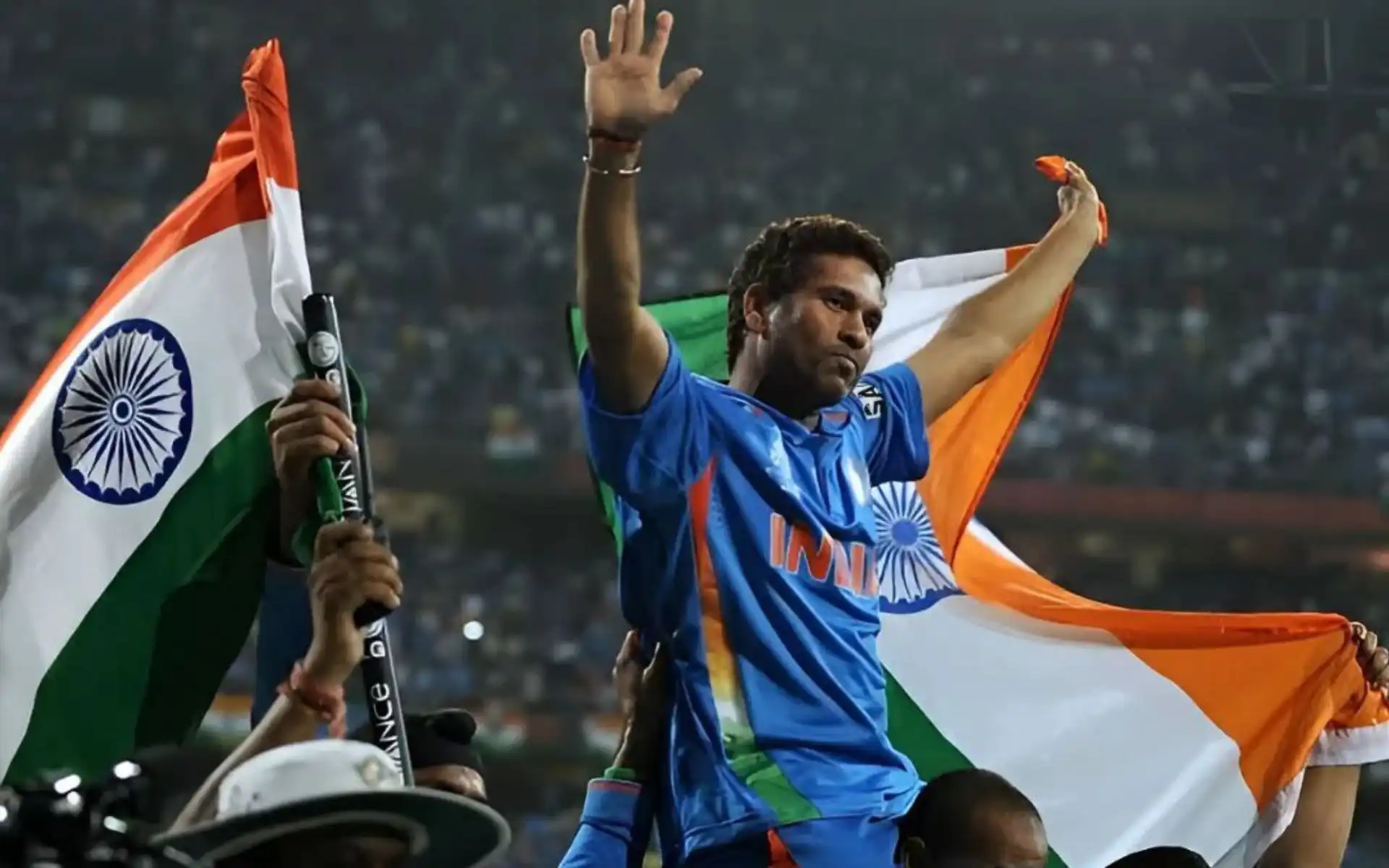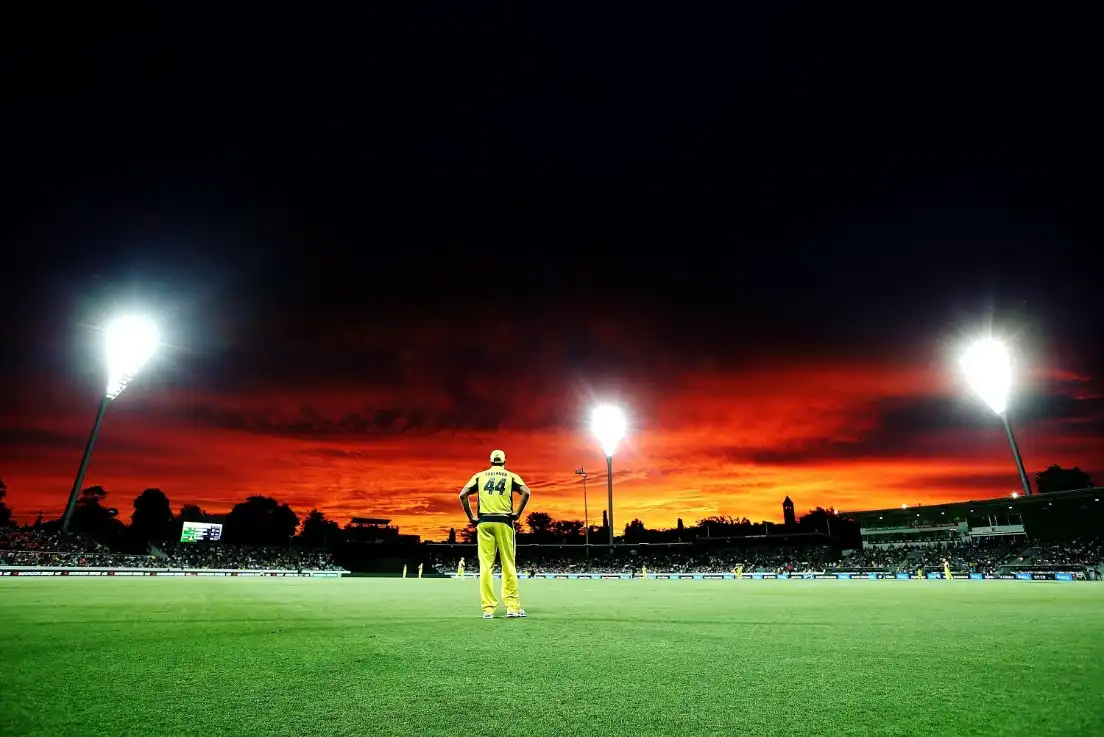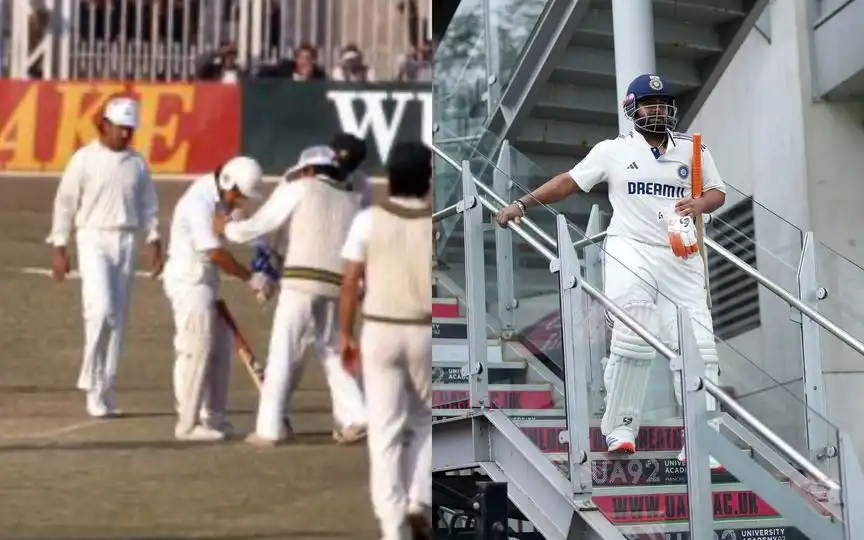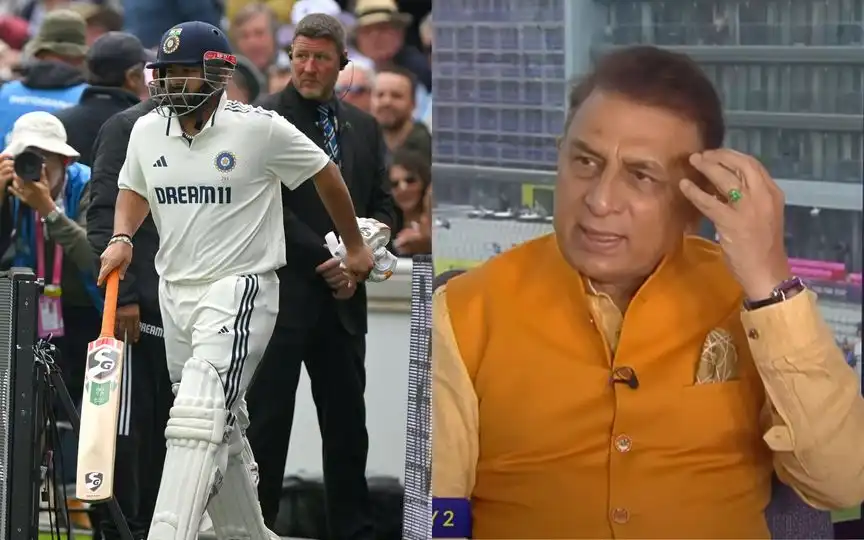![W.G. Grace [Source: @somysulluon/X.com]](https://onecricketnews.akamaized.net/parth-editor/oc-dashboard/news-images-prod/1753425066571_WG_Grace098.jpg?type=hq) W.G. Grace [Source: @somysulluon/X.com]
W.G. Grace [Source: @somysulluon/X.com]
The summer air hummed with more than just the sound of leather on willow back on July 25, 1914. A legend, aged 66 years, walked out to bat one last time in organised cricket. Dr. William Gilbert Grace, the colossus who had dominated the game for decades, was playing for Eltham Cricket Club against Grove Park.
Crowds had flocked, paying double the usual admission fee, sixpence instead of threepence, for one final glimpse of the maestro. They were not disappointed.
The Historic Last Innings From Grace
Facing bowlers young enough to be his grandsons, Grace rolled back the years. With the same high backlift, balanced footwork, and unshakeable concentration that had revolutionised batting decades earlier, he crafted an innings of pure timeless class. 69 not out.
It was a defiant, skilful knock, anchoring Eltham's innings to 155 for 6 declared. Every run resonated with the weight of history. This was the final, graceful signature on an unparalleled cricketing testament in England and the world. Just a fortnight later, Grace fell ill, passing away in October 1915, making this defiant 69, his immortal farewell on the field.
Why Was W.G. Grace the "Father of Cricket"?
That final innings embodied the essence of why Grace earned the title "Father of Cricket." He fundamentally changed the game. Before Grace, batting was largely defensive. He invented aggressive strokeplay. His high backlift and balanced footwork became the bedrock of modern technique, allowing power and placement previously unseen.
Grace transcended sport. Pavilions famously displayed notices - "Admission 3d; If Dr W G plays, admission 6d." People paid specifically to watch him bat. He was cricket's first true celebrity, drawing massive crowds and popularising the game like never before.
Grace was a formidable all-rounder. A cunning bowler, a sharp fielder, and a fierce competitor. Moreover, he laid the technical, commercial, and cultural foundations upon which modern cricket was built, truly deserving of the title "Father."
The First-Class Colossus
W.G. Grace’s cricketing career, spanning 44 seasons (1865–1908), remains one of the most remarkable in the sport’s history. He played 870 matches, scoring 54,211 runs at an average of 39.45 and notching up 124 centuries, becoming the first to score 100 first-class tons.
Grace also took 2,809 wickets at 18.14 and held 873 catches, proving his all-round brilliance. His batting average more than doubled his bowling average, a rare feat in cricket. He played 22 Tests, scoring 1,098 runs with 2 centuries, and was a key figure in the early days of international cricket.
July 25th, 1914, the clash wasn't just another club game. It was the last flicker of a sun that had illuminated cricket for generations. W.G. Grace, the Father of Cricket, walked off unbeaten, just as he had walked through the game, leaving an indelible mark on technique, spirit, and popularity.




 (1).jpg?type=mq)

